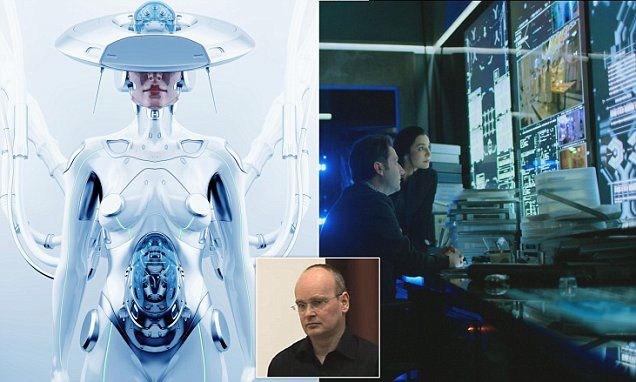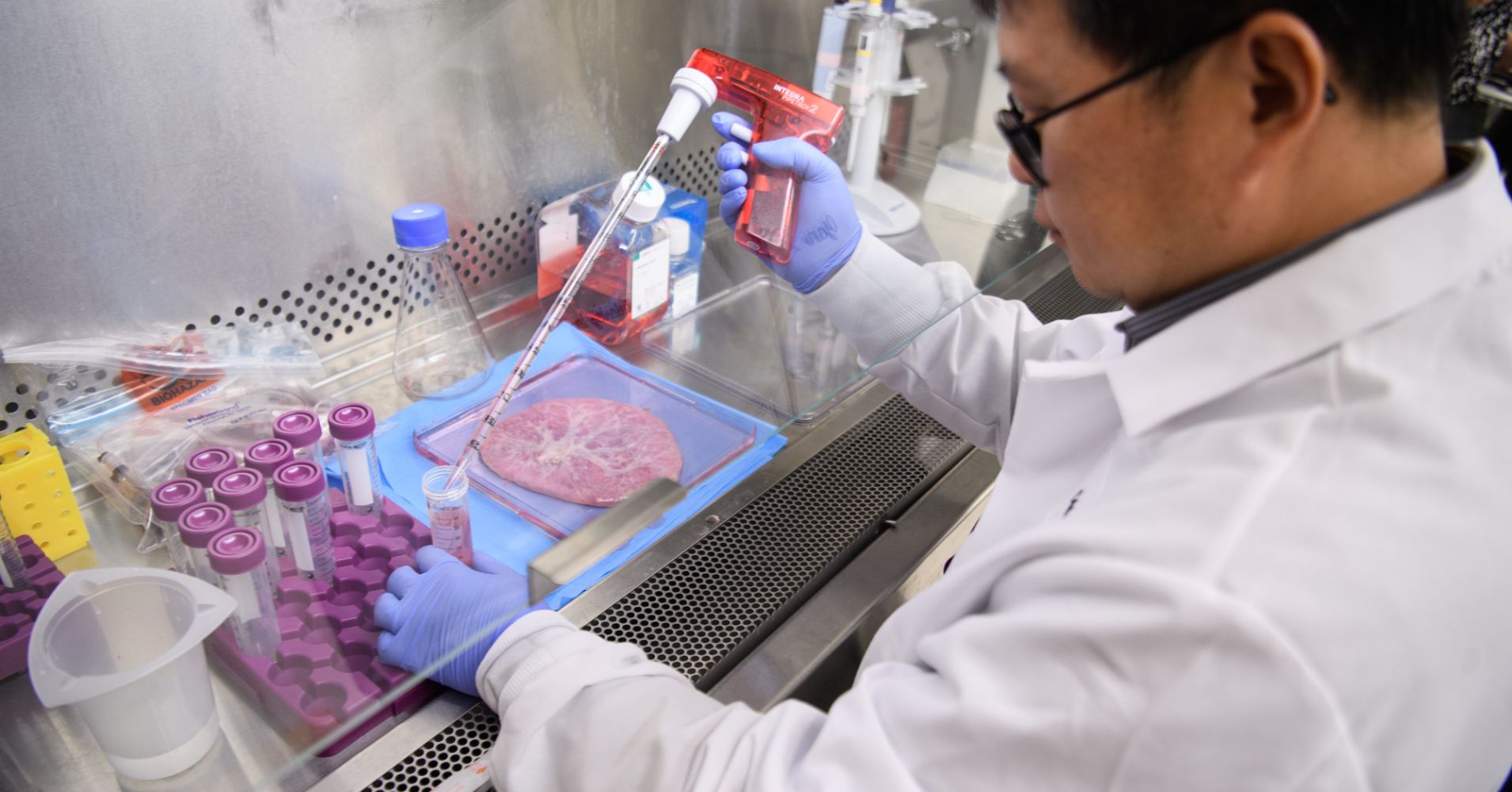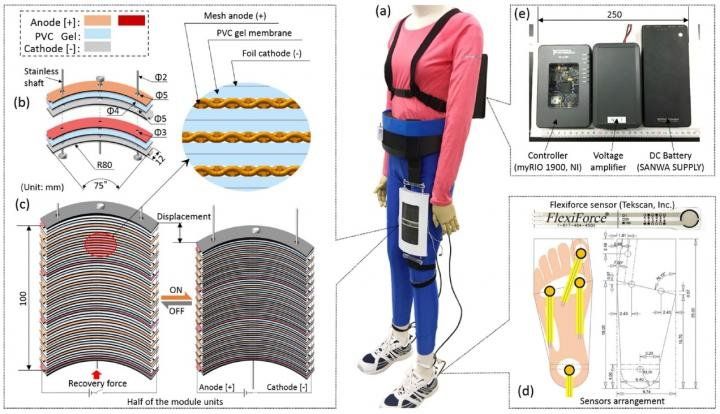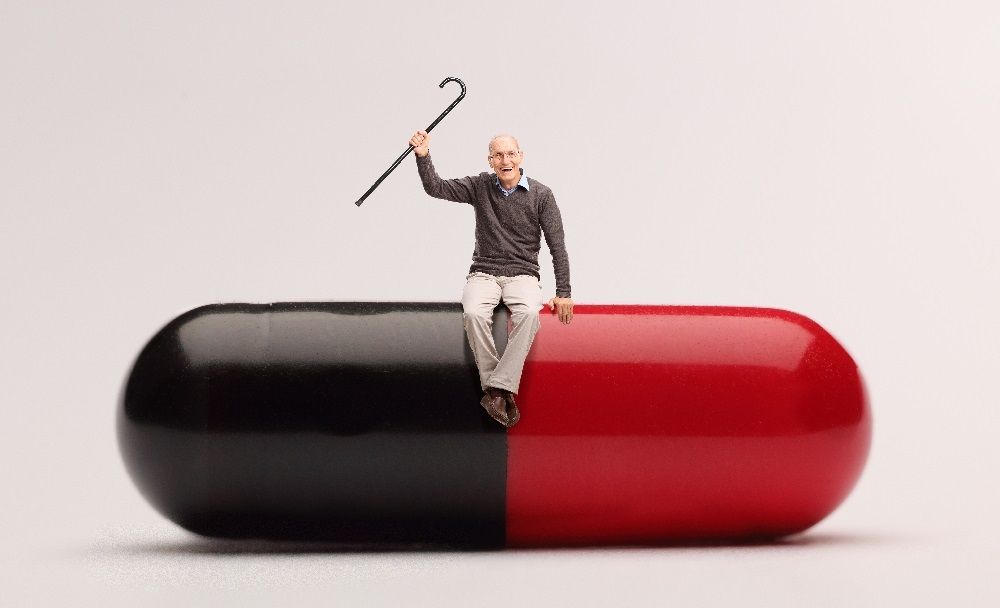Archive for the ‘life extension’ category: Page 503
Feb 19, 2018
Human beings could achieve immortality by 2050
Posted by Carse Peel in categories: bioengineering, genetics, life extension, robotics/AI

Dr Ian Pearson, a leading futurologist from Ipswich, claims that if people can survive until 2050 they could live forever thanks to advances in AI, android bodies and genetic engineering.
Feb 19, 2018
Health and the crypto-economy. Health Blockchain
Posted by Edward Futurem in categories: bitcoin, economics, life extension, robotics/AI
AI and blockchain, the main innovations in #Longevity, are united in DAYS.exchange platform.
DAYS tokens are to be sort of guarrantee for longevity services effectiveness.
DAYS.exchange partner supported Longevity Impact Forum.
Continue reading “Health and the crypto-economy. Health Blockchain” »
Feb 18, 2018
Will 100 be the new 60? Stem cell start-up that raised $250 million could extend lifespan
Posted by Edward Futurem in categories: biotech/medical, finance, life extension, robotics/AI
Longevity become hottest object for investments;
Startup founded 5 moths ago just raised $250 million.
The start-up, which launched in September and is headquartered in Warren, N.J., announced Thursday it has raised $250 million in venture capital from global biopharmaceutical company Celgene, biotechnology company United Therapeutics Corporation, biopharmaceutical company Sorrento Therapeutics, DNA sequencing and machine learning company Human Longevity, Inc.
Feb 18, 2018
Artificial muscles power up with new gel-based robotics
Posted by Ian Hale in categories: cyborgs, life extension, robotics/AI, wearables
A collaborative research team has designed a wearable robot to support a person’s hip joint while walking. The team, led by Minoru Hashimoto, a professor of textile science and technology at Shinshu University in Japan, published the details of their prototype in Smart Materials and Structures, a journal published by the Institute of Physics.
“With a rapidly aging society, an increasing number of elderly people require care after suffering from stroke, and other-age related disabilities. Various technologies, devices, and robots are emerging to aid caretakers,” wrote Hashimoto, noting that several technologies meant to assist a person with walking are often cumbersome to the user. “[In our] current study, [we] sought to develop a lightweight, soft, wearable assist wear for supporting activities of daily life for older people with weakened muscles and those with mobility issues.”
The wearable system consists of plasticized polyvinyl chloride (PVC) gel, mesh electrodes, and applied voltage. The mesh electrodes sandwich the gel, and when voltage is applied, the gel flexes and contracts, like a muscle. It’s a wearable actuator, the mechanism that causes movement.
Feb 16, 2018
Forever Young: The Documentary — BBC News
Posted by Derick Lee in categories: biotech/medical, education, life extension

Is ageing a disease? One that can be ‘cured’? BBC’s Gabriela Torres meets the self-experimenters and scientists who are trying to dramatically extend our lives.
Please subscribe HERE http://bit.ly/1rbfUog
Continue reading “Forever Young: The Documentary — BBC News” »
Feb 15, 2018
Undoing Aging Conference – Berlin 2018
Posted by Nicola Bagalà in categories: biotech/medical, life extension
The Undoing Aging 2018 Conference is coming to Berlin to discuss the science of rejuvenation biotech!
The SENS Research Foundation and the Forever Healthy Foundation have joined forces to host an exciting conference about rejuvenation biotechnology on March 15–17, 2018 at the Umspannwerk Alexanderplatz in Berlin, Germany.
A conference for everyone
Feb 14, 2018
Want to Lose Weight? Here’s How To Get 10 Servings Of Fruit And Vegetables Daily
Posted by Brady Hartman in categories: biotech/medical, food, life extension
Summary: Practical tips on how to consume 10 servings of fruits and vegetables daily to lose weight and improve health. [This article first appeared on the LongevityFacts website. Author: Brady Hartman.]
Fruits and vegetables are rich in phytonutrients and are an integral part of the healthiest diet plans. Here are practical tips on how to incorporate more plant foods into your meals.
Due to a poor diet, about half of all American adults have one or more preventable chronic diseases, including type 2 diabetes, overweight, obesity or cardiovascular disease. A large body of evidence, including newly published research on the health benefits of fruit and vegetables, shows that increased consumption of whole plant foods is linked to reduced risk of death and chronic diseases.
Feb 14, 2018
Lose Weight With Coffee? Maybe Not, New Research Says
Posted by Brady Hartman in categories: biotech/medical, life extension
Summary: Lose weight with coffee? Probably not. While coffee is a healthy drink, and research suggests it helps ward off type 2 diabetes in habitual drinkers, new studies suggest that coffee probably won’t help in weight loss. [This article first appeared on the website LongevityFacts. Author: Brady Hartman. ]
People love to wake up each morning to the smell of hot coffee brewing. Coffee and the caffeine it contains are a great way to kick-start the day. About half of American adults drink coffee every day, drinking about 3 cups on average.
The beverage is consumed all over the world. Coffee originated in northeast Africa and spread throughout the Middle East in the 15th century from where it went on to Europe.
Continue reading “Lose Weight With Coffee? Maybe Not, New Research Says” »
Feb 14, 2018
Anti-Aging Scientists Hope to Reduce Chronic Diseases
Posted by Brady Hartman in categories: biotech/medical, life extension, neuroscience
Summary: Recent scientific advances in anti-aging science are bringing the dream of the fountain of youth closer to reality. More than just extending our lifespans, the field hopes to significantly reduce the chronic diseases of aging, such as cancer, heart disease, and dementia. [This article first appeared on the website LongevityFacts.com. Author: Brady Hartman. ]
A fountain of youth has been the dream of humanity throughout history.
Recent scientific advances are bringing that dream closer to reality.
Continue reading “Anti-Aging Scientists Hope to Reduce Chronic Diseases” »















